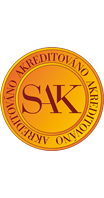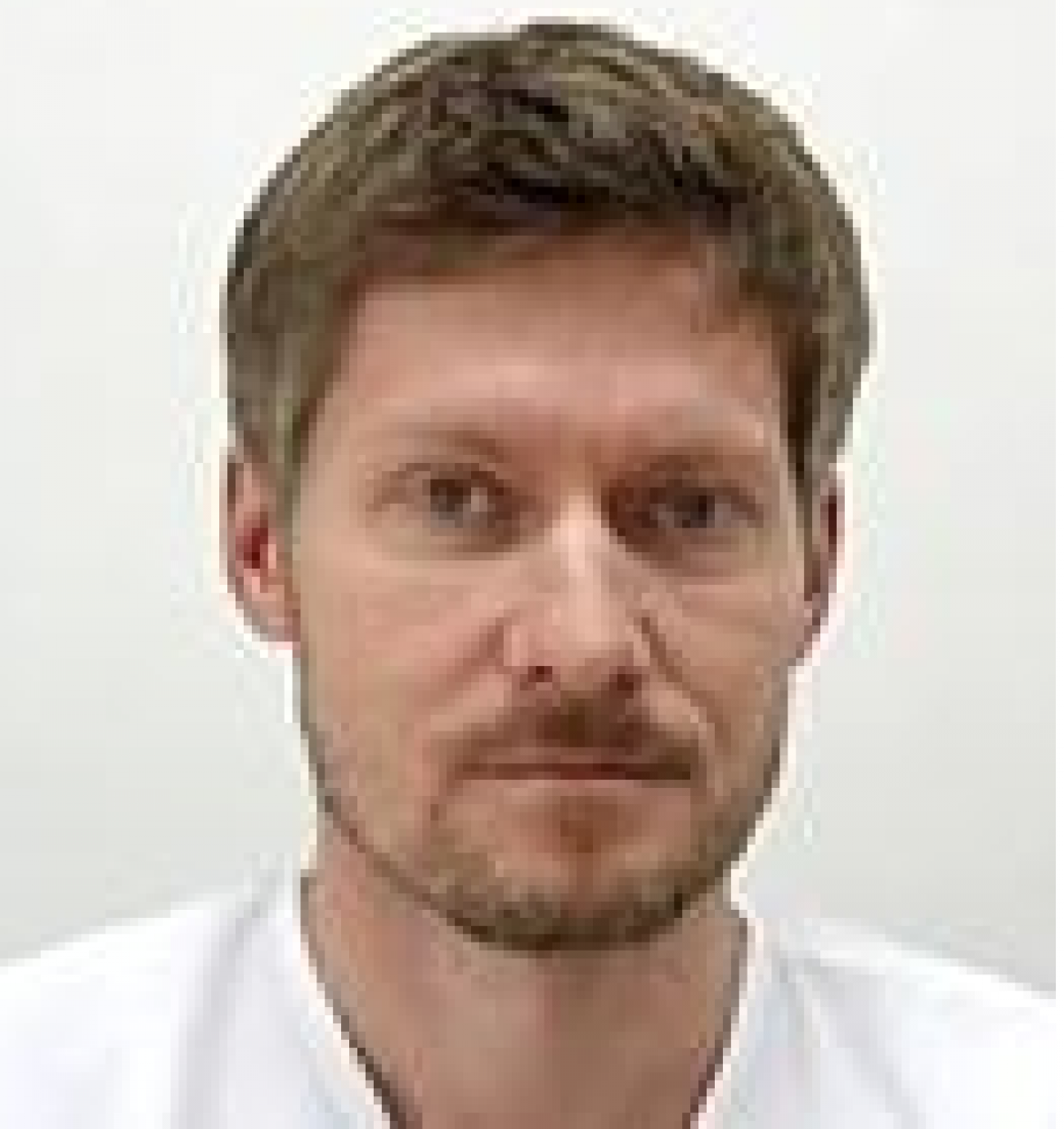Neurology
Head of Department: Martin Kovář, MD
Our department focuses on the diagnosis and non-surgical treatment of diseases of the brain, spinal cord, peripheral nerves and muscular apparatus, including special electrophysiological and ultrasonographic diagnostics. In these areas we provide comprehensive outpatient and inpatient care. The Epilepsy center is a part of our department that specializes in outpatient and inpatient care for patients with epilepsy. The center includes two epilepsy clinics and an epilepsy monitoring unit (EMU), which provides long-term monitoring and selection of patients for surgical treatment, and provides consultancy services for neurological workplaces in the Czech Republic.
In 2010, 212 patients were admitted to the EMU, of whom 14 patients were monitored by surgically-implanted electrodes and 38 patients were indicated for various types of surgical procedures. In 2004 a project was launched to treat epilepsy by the targeted removal of epileptogenic tissue using stereotactic surgery. So far 62 patients have been treated, among the first in the world. Providing the highest quality care for patients with epilepsy necessitates strong interdisciplinary cooperation across several neuro-scientific fields, including the Department of Neurology as well as the Department of Neurosurgery, the Department of Stereotactic and Radioneurosurgery, the Department of Radiology, and the Department of Nuclear Medicine/PET Center. Na Homolce Hospital is one of the three largest epilepsy and epilepsy surgery centers in the Czech Republic, with the highest number of postoperative patients.
Another important part of the Department of Neurology is the Center for Sleep Disorders. This facility is specialized in the diagnosis and treatment of sleep disorders, and focuses on manifestations of insomnia, excessive daytime sleepiness and abnormal behaviors or movements during sleep. One of the most important part services the center provides is the care of patients with sleep apnea (a disorder of respiration during sleep). The Center performs comprehensive polysomnographic testing, which simultaneously captures several parameters including EEG (electroencephalography), EOG (electrooculography), EMG (electromyography) of facial muscles, monitoring of respiration, respiratory effort, and many other parameters. Based on the analysis of the data collected, we are able to distinguish the different phases of sleep and type of disorder, and can recommend the correct treatment, such as the use of a device during sleep to provide continuous positive airway pressure.
Na Homolce Hospital became a comprehensive cerebrovascular center in 2010, which in addition to providing primary acute care for stroke patients, provides a wide range of sophisticated methods that are otherwise available on only a limited basis in the Czech Republic. Specifically, thrombolytic treatment (general as well as local intra-arterial) and many other procedures in ischemic events, especially the mechanical endovascular removal of thrombi and the treatment of stenoses of the cerebral and afferent arteries by angioplasty or stent.
Another area of focus involves treating sources of bleeding in the brain or meninges, including the coiling of arterial aneurysms, embolization techniques for the treatment of arteriovenous malformations of the brain and spinal cord, and the treatment of malformations by gamma knife. Stroke is treated by a number of neurosurgical techniques, such as the removal of brain hemorrhage, the surgical removal of arterial aneurysm (clipping) or vascular malformation, decompression craniectomy and external ventricular drainage in emergency situations, surgical treatment of stenoses of the afferent cerebral arteries, intra-extracranial microanastomoses in very special cases, and other procedures. The development of diagnostic and therapeutic methods preceeds very rapidly, and globally there is a clear trend towards specialized centers that treat large numbers of patients and can offer a modern, expensive infrastructure (CT, MRI, angio, quality neuro-intensive services) and a team of highly knowledgeable neurologists, neurosurgeons, vascular surgeons and neuroradiologists 24/7. These methods should be used very soon after onset, during the first 4.5 hours after the event at the most, and therefore specialized centers work most effectively.
The heart of the Center is the intensive care unit for the treatment of acute cerebral vascular diseases of the brain and other serious neurological conditions. It is also a postgraduate training center for neurological intensive care. Apart from general outpatient neurological care, ambulatory care also includes neurovascular outpatient care, the clinic for extrapyramidal diseases, the spinal clinic, which is involved in presurgical workup, and also the laboratory of evoked potentials, the electromyographic laboratory and transcranial Doppler ultrasonography.
Contacts:
Secretary:
Tel: +420 257 272 951, +420 257 272 584
E-mail: neu@homolka.cz
|
|
Head of Neurogy: |



